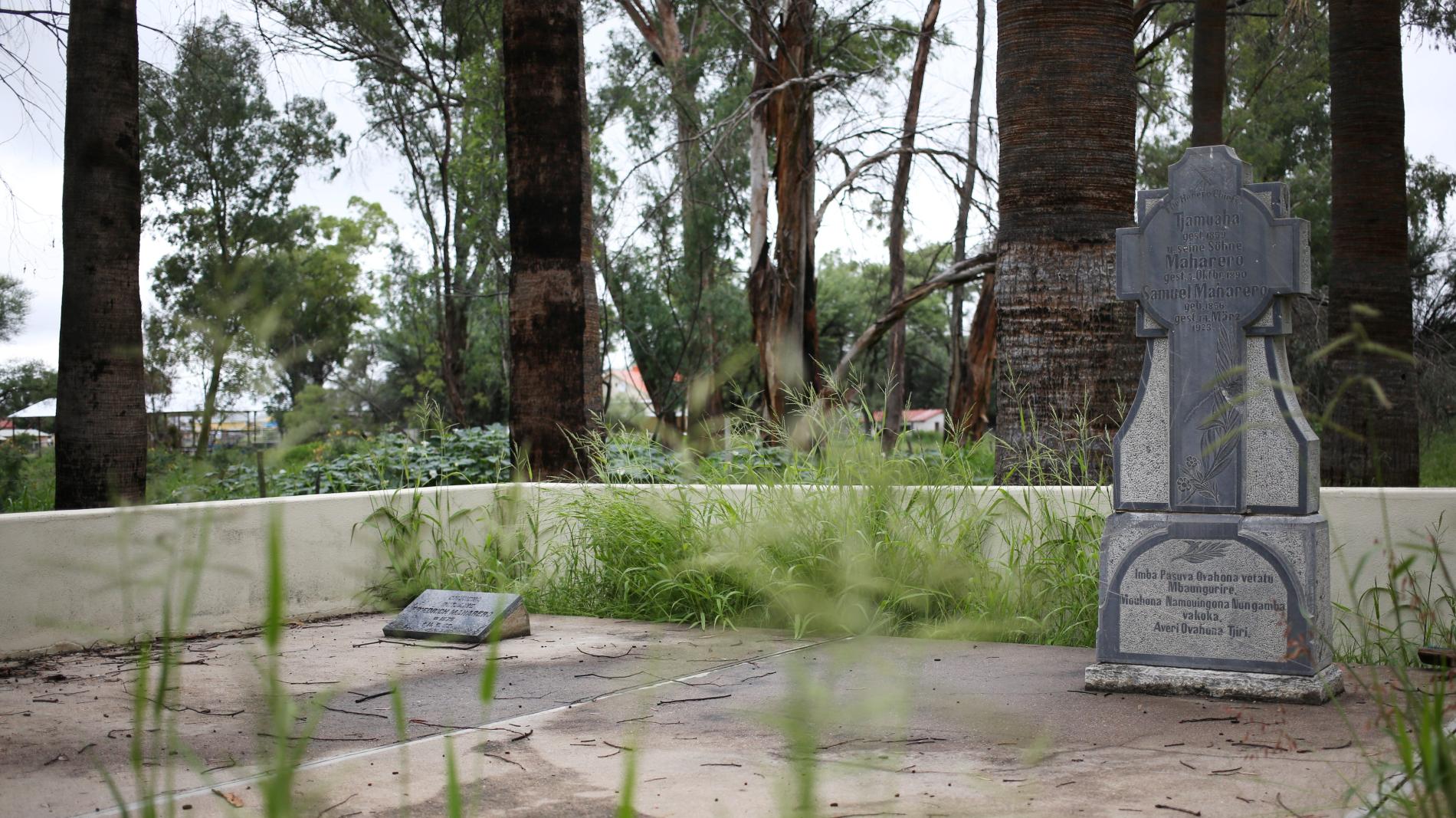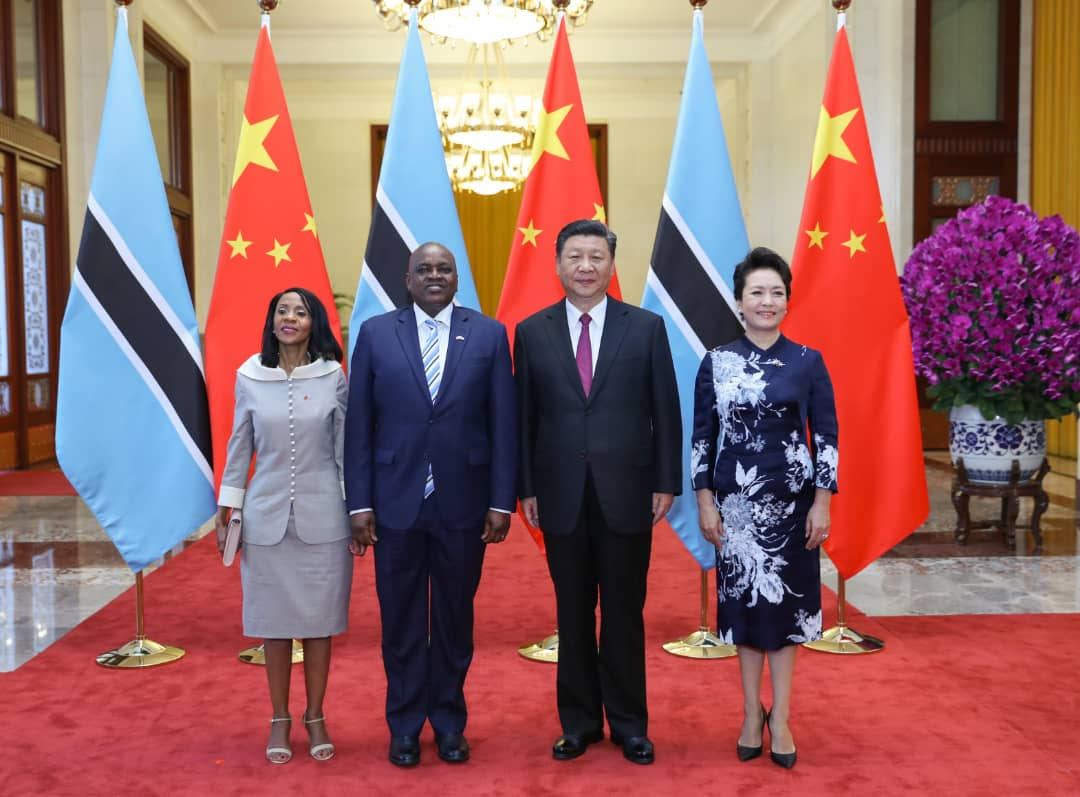
The millions of tons of dust lofted out of North Africa each year are a visual reminder of how Earth’s systems are interconnected. Dust blowing out of the Sahara fertilizes the surface waters of the Atlantic and the soils of the Americas. It influences the development of hurricanes and other weather systems. The airborne particles reflect and block sunlight, affecting the planet’s radiation budget. In heavy doses near the ground, dust plumes can hamper air quality, harm breathing, and reduce visibility.
In early June 2021, strong winds blew across Mali and Mauritania and carried tiny bits of the Sahara over Senegal, The Gambia, and Cabo Verde. The Visible Infrared Imaging Radiometer Suite (VIIRS) on the NASA-NOAA Suomi NPP satellite acquired this natural-color image on June 4, 2021, the first day of the storm. As this time-lapse shows, dust was well out over the central Atlantic Ocean by June 7.
The storm comes roughly one year after NASA instruments chronicled the largest dust storm in two decades of observations. North African dust shrouded the Caribbean Sea in June 2020 and even dimmed skies over several states of the U.S. Southeast. Satellite and ground sensors measured the highest concentration of dust in the atmosphere since NASA’s Earth Observing System satellites were launched.

Researchers from the University of Kansas used data from NASA’s Terra and Aqua satellites, Suomi NPP, the joint NASA-CNES CALIPSO satellite, and ground stations to delineate how adjacent atmospheric circulation patterns can shepherd dust across such vast distances. “The African easterly jet [stream] exports the dust from Africa towards the Atlantic region” said lead author Bing Pu. “Then the North Atlantic subtropical high, which is a high-pressure system sitting over the subtropical North Atlantic, can further transport it towards the Caribbean region. The Caribbean low-level jet, along with the subtropical high, can further transport the dust from the Caribbean region towards the States.
Several recent studies have offered differing ideas about the future of African dust storms and transport. Pu and colleagues assert that dust storms are likely to grow more intense and frequent with climate change. Higher temperatures would bring more drying and less vegetation to the region, providing more loose, dusty material to be picked up from North Africa. Stronger storms and winds in a warming world could provide more energy to carry that dust.
On the other hand, a research team led by atmospheric scientist Tianle Yuan of NASA’s Goddard Space Flight Center used a combination of satellite data and computer models to predict that Africa’s annual dust plumes might actually shrink over the next century to a 20,000-year minimum. They argue that changes in ocean temperatures could reduce prevailing wind speeds and thus the transport from Africa to the Americas. They also note that the wind changes could influence the amount of moisture flowing into Africa, leading to more rainfall and vegetation in dusty Saharan and Sub-Saharan regions. They assert that global warming could bring a 30 percent reduction in Saharan dust activity over the next 20 to 50 years and a continued decline beyond that.
NASA Earth Observatory image by Joshua Stevens, using VIIRS data from NASA EOSDIS LANCE, GIBS/Worldview, and the Suomi National Polar-orbiting Partnership. Story by Michael Carlowicz.
Source: NASA Earth Observatory









